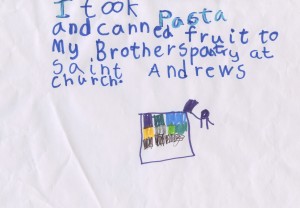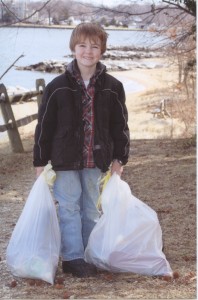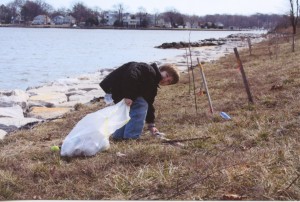 Teaching children about listening is more than just getting them to listen to us as their parent or teacher. If we would like to help them to develop good leadership skills, then we must also teach them to listen to the whole story. Listening to the whole story prior to coming to a conclusion will save ourselves from embarrassment and our relationships with others. Here is one way we may be able to do that.
Teaching children about listening is more than just getting them to listen to us as their parent or teacher. If we would like to help them to develop good leadership skills, then we must also teach them to listen to the whole story. Listening to the whole story prior to coming to a conclusion will save ourselves from embarrassment and our relationships with others. Here is one way we may be able to do that.
To start conversations with a child you may want to use what I call, “What if” questions. “What if I walked into the room and I saw _______standing in the middle of a big mess?” Who would I might think made the mess? If I saw that I might want to say to ________ “clean up!” Is that fair? Would it not be a better question to ask, “what happened?” and hear the whole story? We may find out that someone else made the mess, or that the person was in the middle of cleaning up the mess. Listening makes things fair.
Practicing this ourselves and taking the time to help our children see how and why we ask such questions will help them to do the same as they come into situations with their friends.






